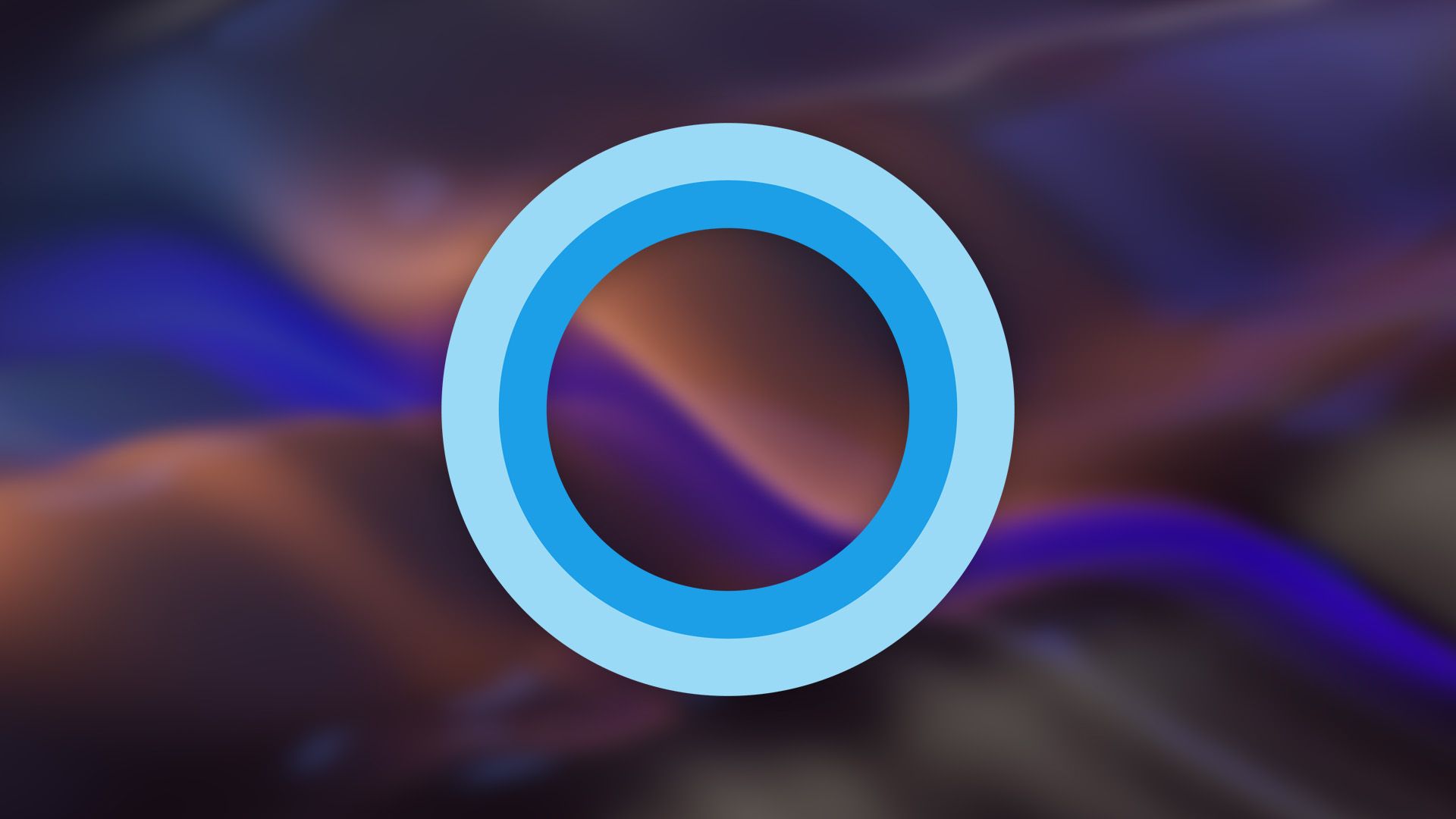Microsoft introduced the Cortana virtual assistant to PCs in Windows 10, but it faded away from the forefront of the experience over time, to the point where its absence from Windows 11 wasn't all that noticeable. Now, it's going away on Windows 10, too.
Microsoft has announced that "starting in late 2023," Cortana will no longer be supported as a standalone application in Windows. That means the main Cortana interface in the taskbar is going away, but other assistant technologies with the same name aren't going anywhere. Cortana will stick around in the mobile apps for Teams and Outlook, as well as Teams rooms and the Teams display. The assistant in those environments has a much more limited scope.
Microsoft is touting Windows Copilot and voice access in Windows 11 as replacements for Cortana, but the former is not even available yet, and neither feature is coming to Windows 10. Copilot and Bing Chat can look up information on the web, like Cortana, but they don't have access to personal data like reminders and calendars yet.
Cortana was one of the main selling points for Windows 10, but it didn't end up being all that popular. There's less of a need for a virtual assistant on a desktop computer than on a phone or tablet, and Cortana couldn't control smart home devices until a few years later. It didn't help that Cortana was sometimes intrusive, leading people to turn it off entirely. Cortana was removed in Windows 11 with no direct replacement.
Even though Cortana will not be missed by many people, its removal still feels like the end of an era. Cortana was part of Microsoft's strategy to bring the same experience to mobile and desktop -- the assistant's first appearance was in Windows Phone 8.1. Most other elements of that strategy, like the Universal Windows Platform, fell apart in the years after Windows 10's introduction.
Windows 10 will continue to receive security updates until October 2025.
Source: Microsoft
Via: Windows Central

